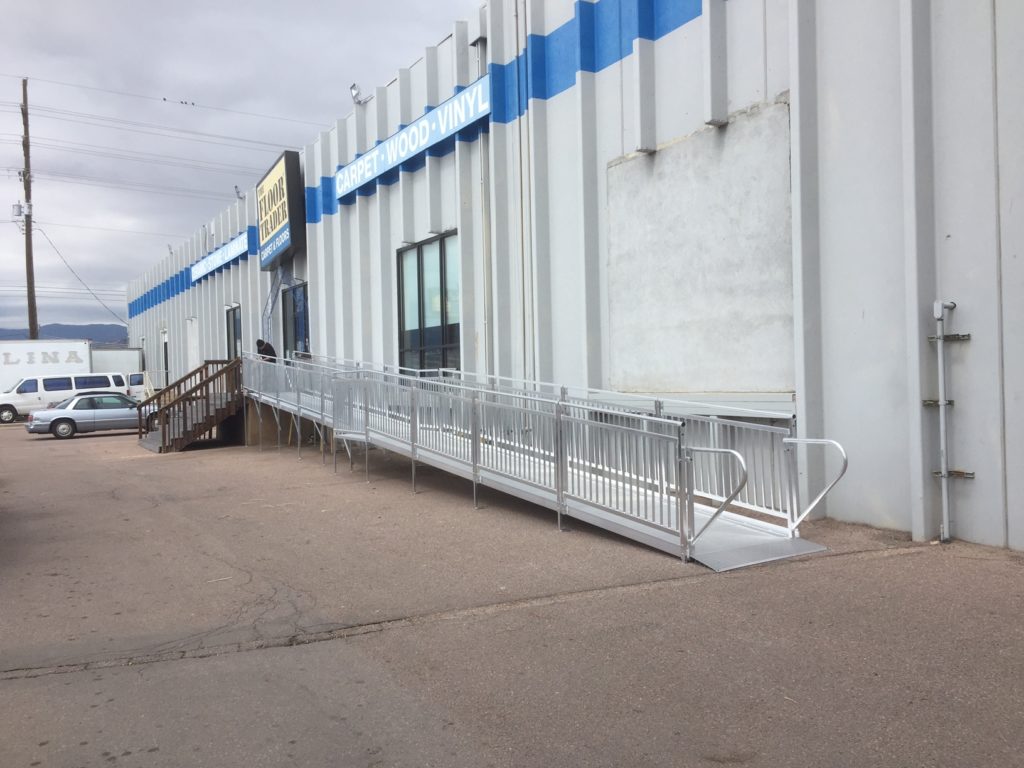Businesses should always take into consideration the needs of others as they conduct business. This starts with the layout of their building from the time a person enters the building and accesses different rooms throughout the building. The problem is many companies don’t follow accessibility standards as closely as they should. As a result, they could have to pay fines or face a negative reputation if they are unwilling to be accommodating. On the other side, companies who prioritize accessibility standards will be more appreciated by customers and can also benefit from some tax incentives. We’ve taken a look at three tax incentives for businesses that employ and accommodate people with disabilities.
Work Opportunity Tax Credit
The Work Opportunity Tax Credit revolves around who you hire. When you hire a person with disabilities, ex-felons, or veterans, you qualify for the Work Opportunity Tax Credit. The tax credit is significant and can more than $9,000 per qualified employee, so companies need to consider this if they have any employees that fall into those categories.
Disabled Access Credit
The Disabled Access Credit is geared toward providing a tax credit to businesses that accommodate people and workers who have disabilities. However, there are specific requirements that must be met to qualify for the Disabled Access Credit. It’s a non-refundable credit that is eligible for companies with 30 employees or fewer, experiences $1 million or less in gross receipts of annual turnover, and promotes disability employment within their organization. The credit is designed to reward businesses by helping them pay for improvements to be more accommodating for people with disabilities.
Architectural Barrier Removal Tax Deduction
The Architectural Barrier Removal Tax deduction is a simple one to qualify for and can lead to significant tax savings for companies. When transportation and architectural barriers are removed in and around your business, you could qualify for a tax deduction of $15,000 every year. For some businesses, this simply means removing stairs in favor of installing a wheelchair ramp. Others may have to make different modifications to make their space wheelchair accessible. Having a professional evaluate the space can help ensure you make the necessary changes to meet accessibility standards and qualify for this significant tax deduction.
Next Day Access wants to help businesses make their spaces more accessible and profitable at the same time. Creating a safe environment for people with all abilities is important today, and you could face a negative reputation if you choose not to be accommodating. Business owners often think the cost of meeting accessibility standards is too high, but when you consider the tax advantages you could get in return, the renovations could pay for themselves over time. It all starts with a consultation to evaluate your space and determine what improvements could be made. We are happy to help at any time, so contact us today to schedule a consultation. Like or Share if you enjoy reading our blog.





